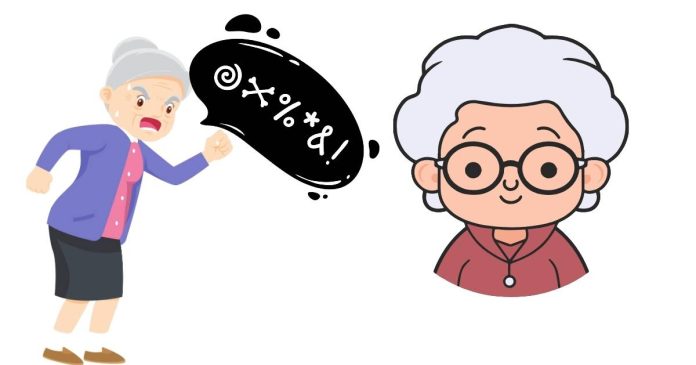The word “mima” for “grandma” is used in various languages and cultures. It is common in some Slavic languages, such as Croatian, Serbian, and Slovenian, where “mima” is an affectionate term for grandmother. It is also used in some other languages and dialects as a familiar or loving term for a grandmother.
Different regions and languages may have similar-sounding words with similar meanings, but “mima” is most widely associated with Slavic cultures.
Slavic Languages:
In some Slavic-speaking countries, like Croatia, Serbia, and Slovenia, “mima” is used to refer to a grandmother. It is a diminutive or affectionate form, similar to how “nana” or “grammy” might be used in English-speaking countries. The word likely stems from an affectionate modification of the word for “mother” (e.g., “mama” or “mütter” in other languages), which becomes more tender and informal when addressing a grandmother.
Other Languages:
- Spanish: In some Spanish-speaking regions, “mima” could be used colloquially to refer to a grandmother, although “abuela” is the more common term. The word “mima” might also mean “to pamper” or “to spoil,” but in familial contexts, it can denote a grandmother as someone who loves and pampers their grandchildren.
- Portuguese: Similarly, in Portuguese, “mima” can also be used to refer to a grandmother in certain dialects, though “avó” is the standard term for grandmother. In Portuguese, “mima” can also mean “to pamper” or “to spoil,” which aligns with the loving connotation of a grandmother who pampers her grandchildren.
- Japanese: The word “mima” (美麻) could refer to a name or have specific meanings depending on kanji usage, but it is not a common word for grandmother in Japanese. However, “obaasan” (おばあさん) is the usual term for grandmother in Japanese.


